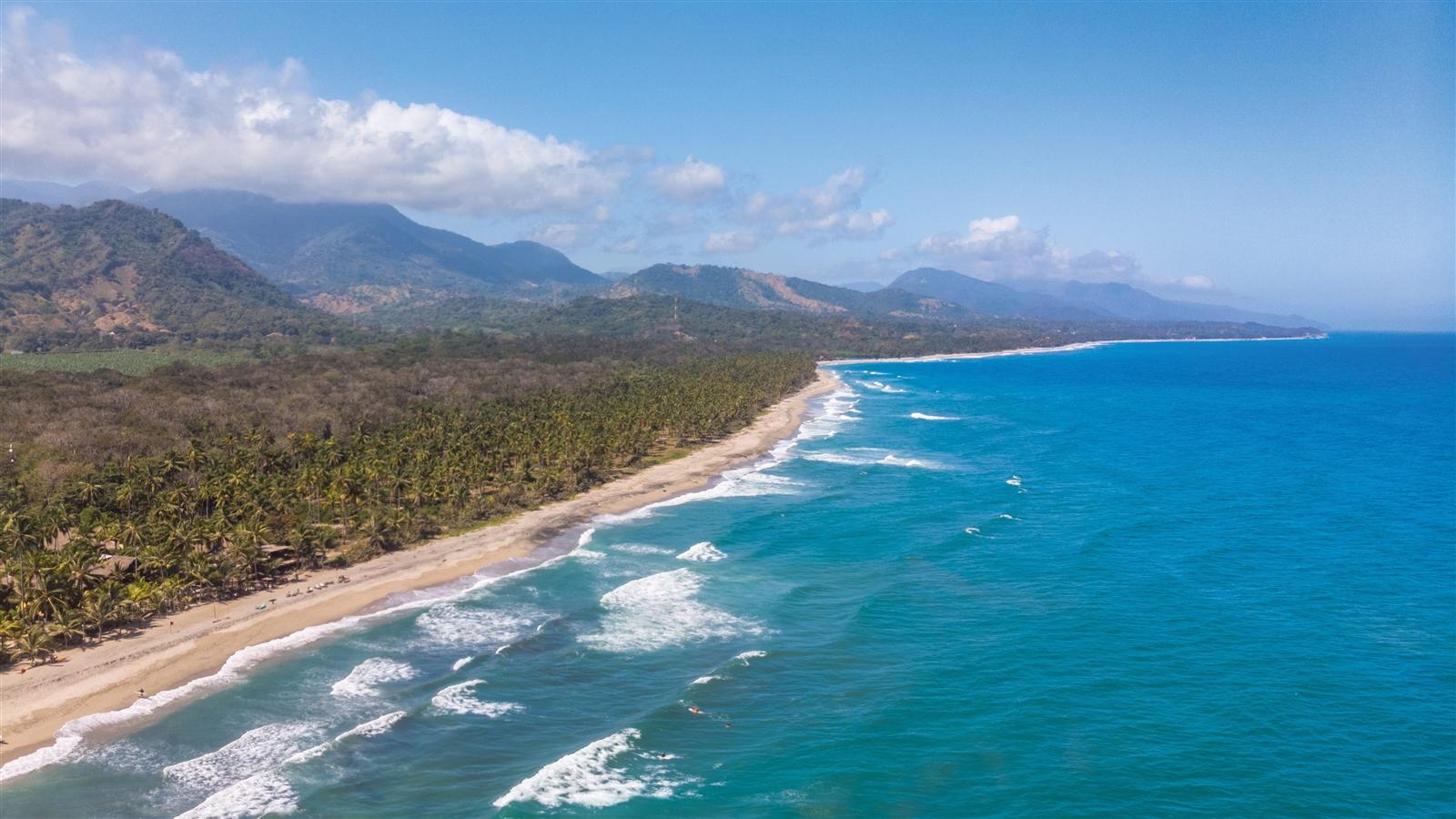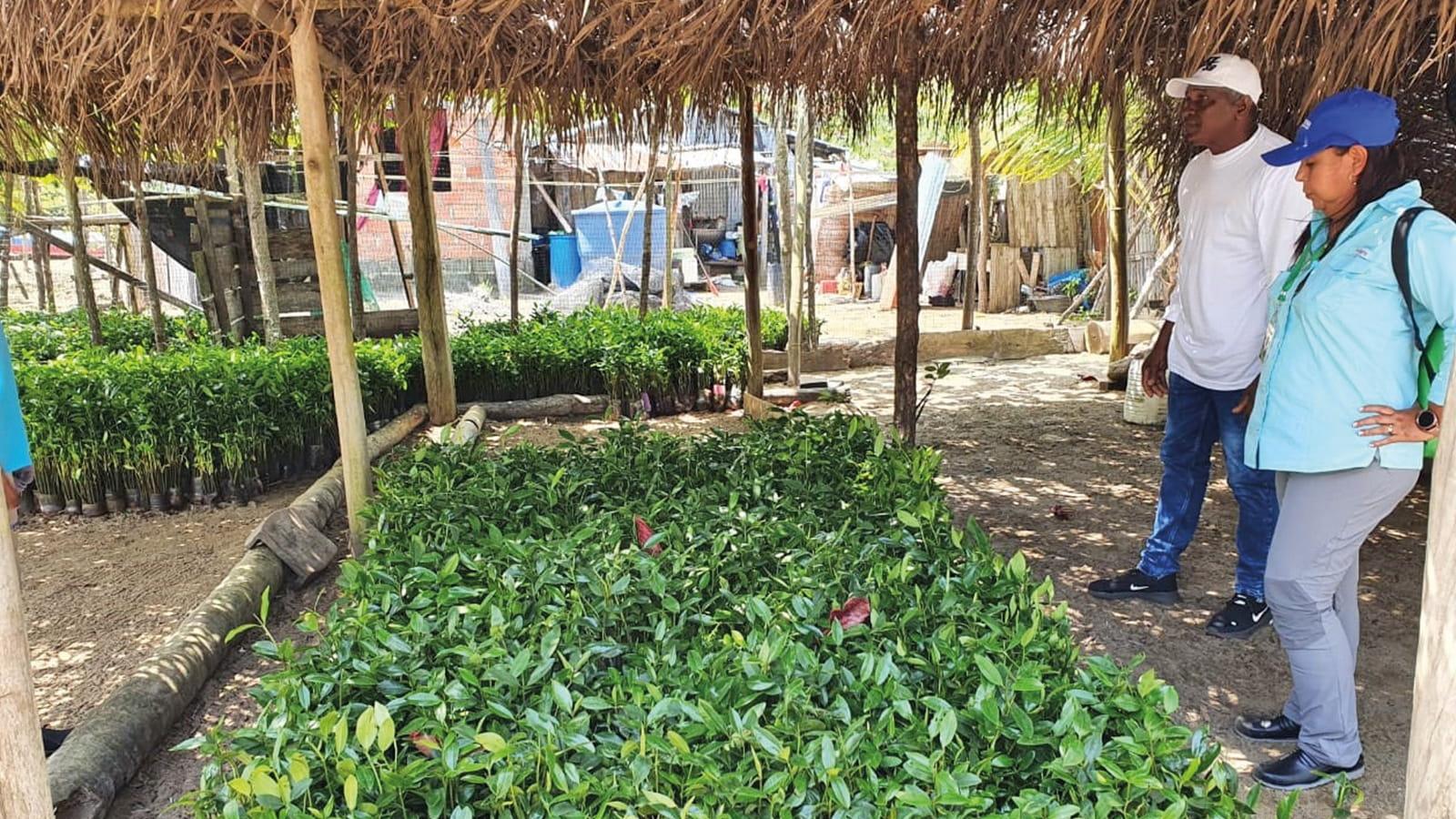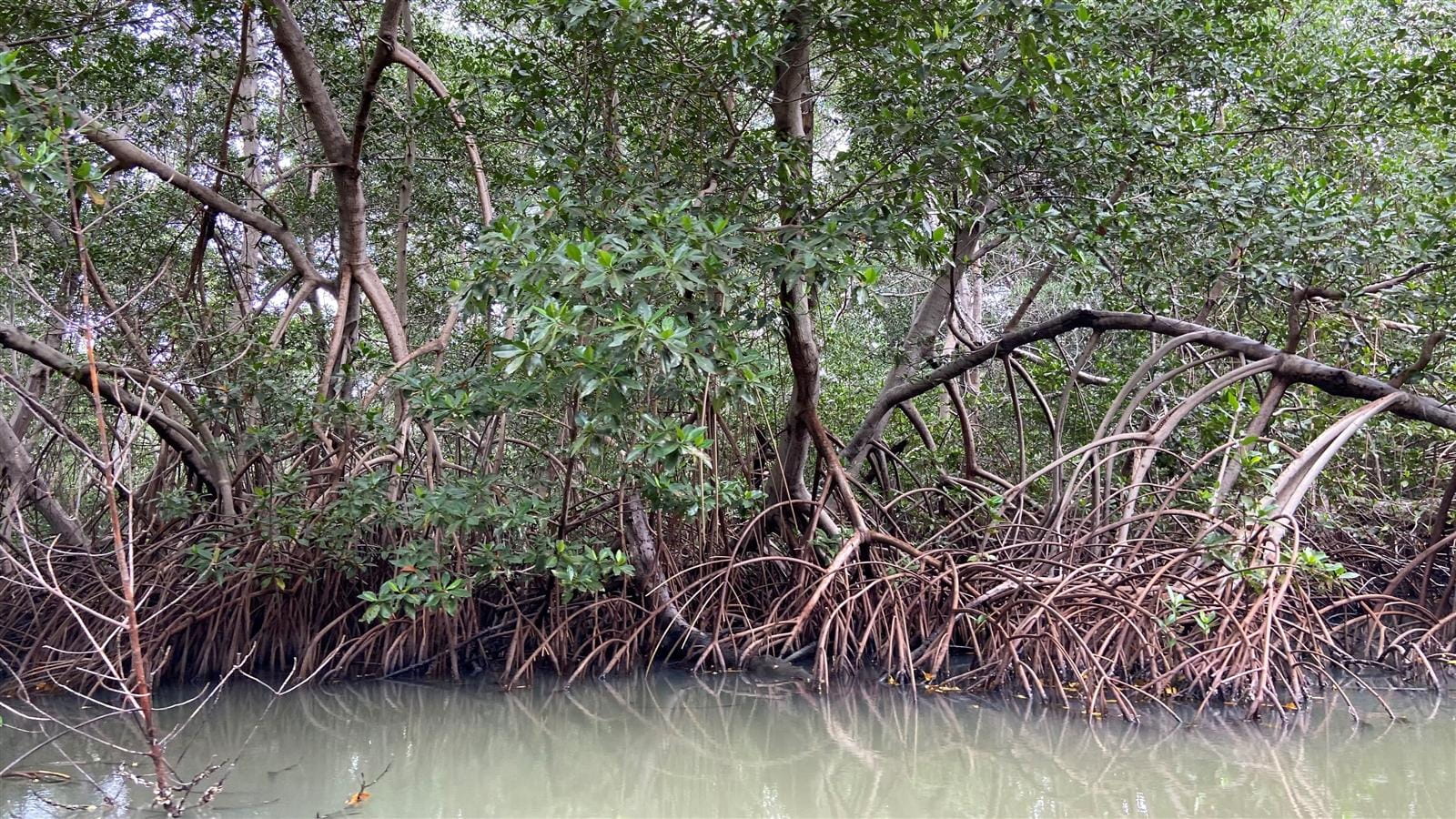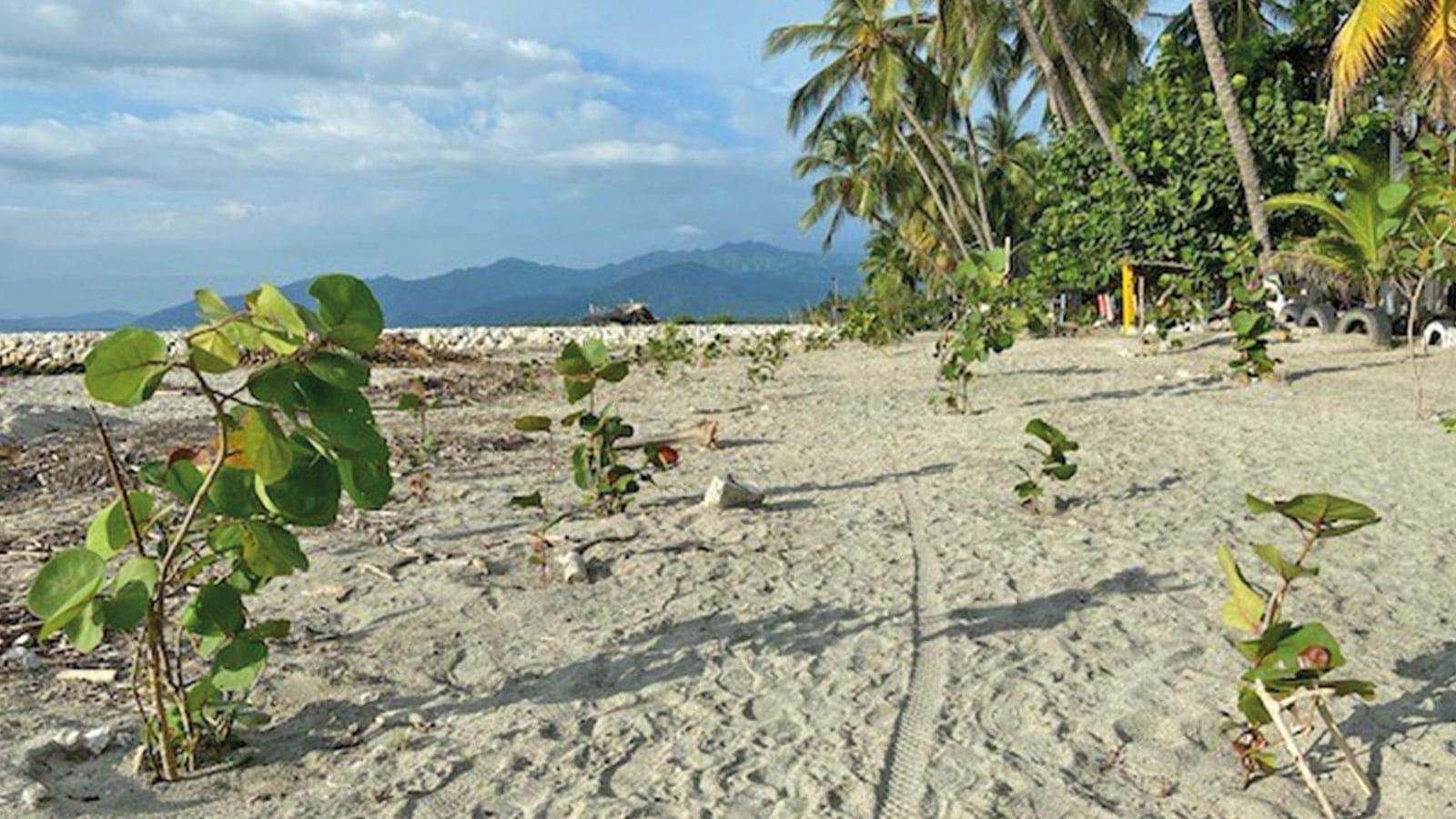Natural coastal protection: Colombia's answer to erosion
What are the main objectives of the ecosystem restoration project in Colombia?
Matthias Müller: The project aims to protect Colombia’s coastline from erosion, thereby also improving the safety of the local population. To this end, 200 kilometres of coastline have been stabilised, and key coastal ecosystems – particularly mangroves, seagrass beds and dune vegetation – have been rehabilitated. In ten affected municipalities, local action plans were developed to ensure these approaches are embedded in the long term. Additionally, a monitoring system was established to assess the long-term effectiveness of these measures and the extent to which they contribute to coastal protection.
What methods were used to minimise coastal erosion?
Matthias Müller: The project relies on ecosystem-based adaptation measures such as reforestation, the protection of existing areas, and improved management. Mangroves were actively planted to help stabilise the coastline, while seagrass beds and dune vegetation were preserved and sustainably managed through targeted conservation efforts. Furthermore, management plans were developed in collaboration with local communities to ensure the sustainable use of these ecosystems.
The measures not only protect houses and infrastructure from erosion, but also create economic prospects for the residents.
How do these adaptation measures protect the local population?
Matthias Müller: These measures provide protection on two levels: firstly, coastal areas have been stabilised, reducing the threat of erosion to homes and infrastructure. Secondly, they created economic opportunities for residents, who were involved in reforestation, coastal management and ecosystem care. Women in particular benefitted, as tree nurseries provided them with a new source of income and greater social recognition.
How did CDM Smith involve local communities in the project, and what role did they play?
Matthias Müller: The communities were included from the outset to ensure the sustainability of the measures. Solutions were developed jointly to meet the specific needs of local residents. This strengthened their identification with the protective measures, and as a result, many initiatives have continued independently even after the project officially ended.
About CDM Smith
CDM Smith is a privately owned engineering and construction firm providing legendary client service and smart solutions in water, environment, transportation, energy and facilities. Passionate about our work and invested in each other, we are inspired to think and driven to solve the world's environmental and infrastructure challenges.

Sustainable solutions need technical expertise, social and emotional competences.
UN Biodiversity conference 2024
COP16 brought nearly 15,000 participants from around 200 countries to Cali (Colombia) to review and advance the progress of the Kunming-Montreal Global Biodiversity Framework (GBF) established in 2022. Thanks to high national and international recognition, we were given the opportunity to present our project at the conference and received outstanding resonance.





